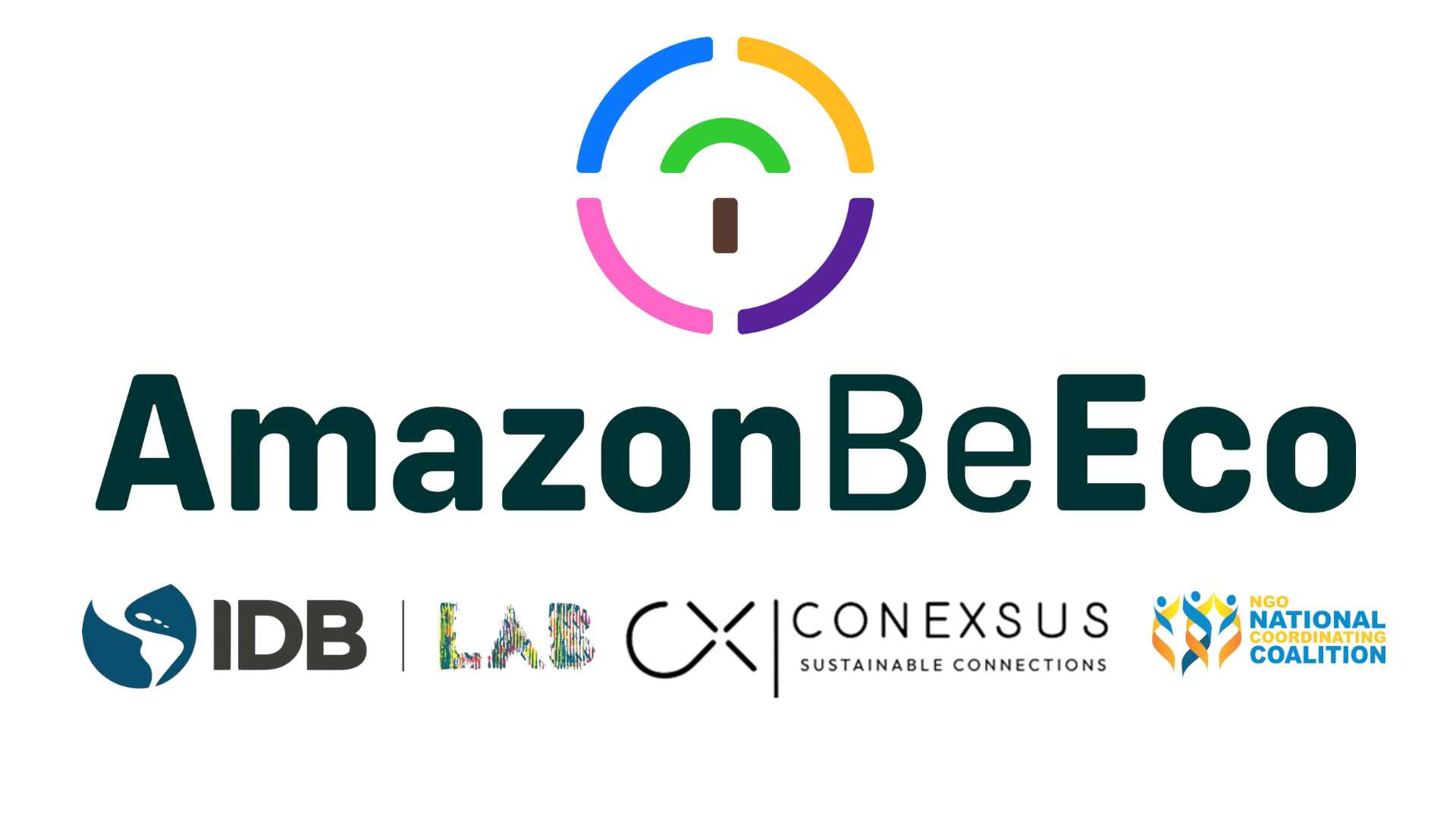The National Coordinating Coalition Inc. (NCC) will be hosting stakeholders and partners from South America and Guyana to participate in the AmazonBeEco Inception Workshop, a critical gathering to advance sustainable socio-bioeconomy ecosystems in Guyana and the Amazon region.
About AmazonBeEco
AmazonBeEco is an innovative initiative aimed at boosting inclusive bioeconomy across six Pan-Amazon countries: Brazil, Colombia, Peru, Ecuador, Guyana, and Suriname. Led by Conexsus, the project is supported by the Inter-American Development Bank (IDB) and the Green Climate Fund (GCF).
The project focuses on strengthening socio-bioeconomy ecosystems by supporting community-based bio-businesses and building strategic alliances among key stakeholders across the Amazon region. With a primary objective to increase revenue for community-based bio-businesses in the Pan-Amazon and generate income opportunities for participating families by fostering collaborative networks, technical training, and innovative financial and commercial solutions.
Workshop Details
Date: June 18th & 19th, 2025
Time: 8:00 AM – 5:00 PM
Venue: Grand Coastal Hotel, Georgetown
Theme: Building Sustainable Socio-Bioeconomy Ecosystems
Key Activities
The two-day workshop will engage participants in:
- Developing activation strategies for sustainable bioeconomy initiatives
- Building strategic partnerships among stakeholders
- Sharing experiences from community-based bio-business mapping
- Creating frameworks for ongoing collaboration
- Establishing pathways for knowledge exchange and capacity building
AmazonBeEco is more than a sustainable development project—it’s a milestone in transitioning to a new economic model for the Pan-Amazon, one based on valuing the standing forest and empowering its communities.
By integrating productive, social, financial, and environmental solutions, the project signals a quiet but profound revolution, envisioning a future where conservation and income generation go hand in hand.
This is a strategic and necessary step toward an inclusive, resilient, and interconnected bioeconomy—one that places the forest and its people at the heart of solutions for 21st-century challenges.
